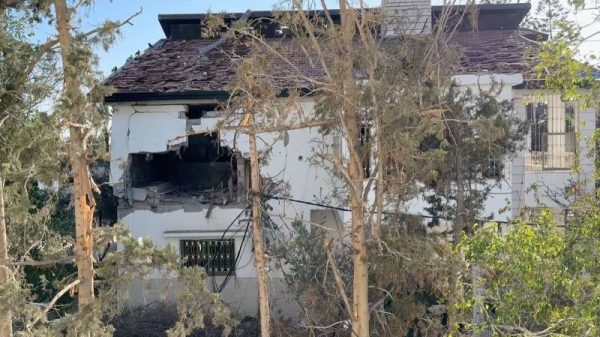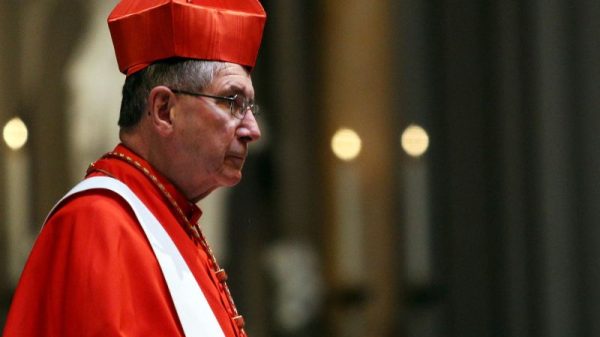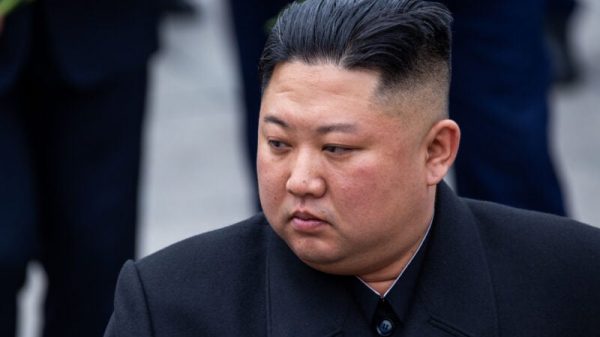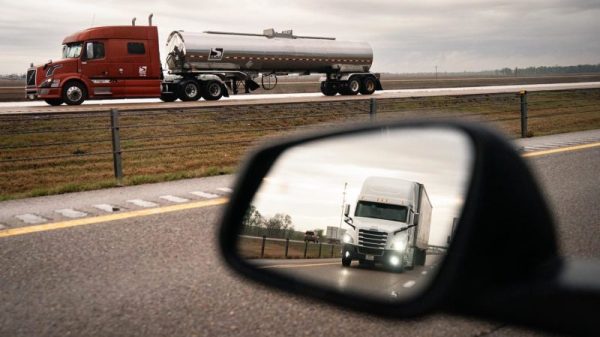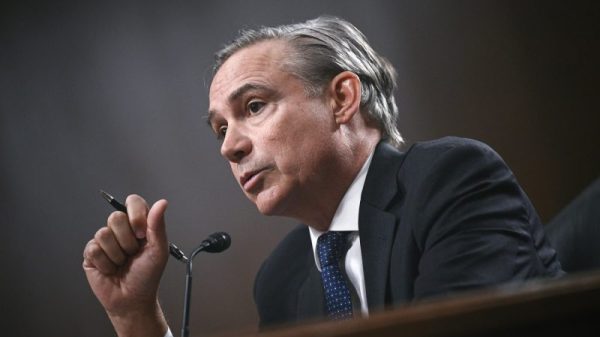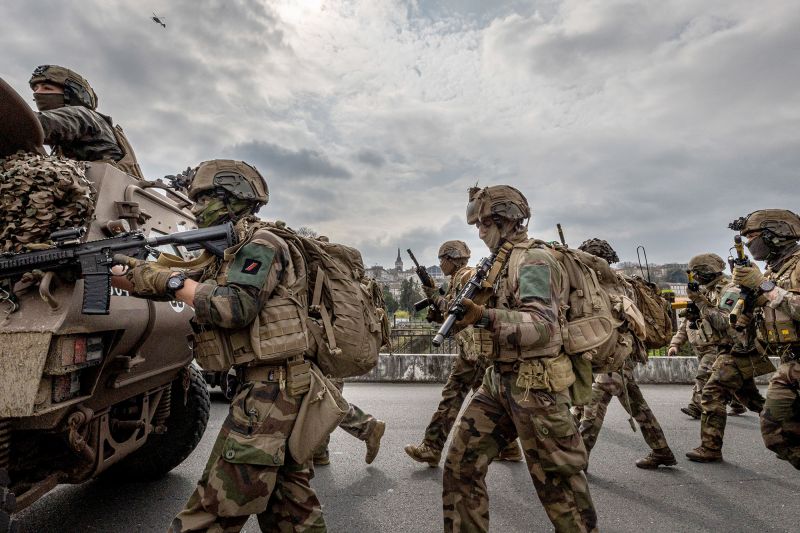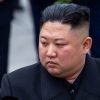It was a televised ambush that many in Europe hope will stop a war.
Donald Trump’s dressing-down of Ukraine’s President Volodymyr Zelensky at the White House was a lightning strike to the transatlantic alliance, dispelling lingering illusions in Europe about whether their American cousin will stand with them to counter Russian aggression.
Reeling, perhaps even fearful, Europe may have finally come to its senses over its self-defense needs in the era of Trump.
In a month when US Defense Secretary Pete Hegseth called Europe “PATHETIC” for “free-loading” on defense in a group chat with administration officials (which inadvertently included a journalist for The Atlantic), the continent has been shattering decades-old taboos on defense. Policies are on the table that would have been unthinkable just weeks ago.
The biggest change came in Germany, Europe’s biggest economy. After the federal election, chancellor-in-waiting Friedrich Merz won a vote in parliament to scrap Germany’s constitutional “debt brake” – a mechanism to limit government borrowing.
In principle, the law change allows for unlimited spending on defense and security. Experts expect the move to unlock as much as €600 billion ($652 billion) in Germany over the next decade.
In getting over its phobia of debt, Buras said that Germany has finally acted as though Europe really had passed a “Zeitenwende” – or “turning point” – as described by outgoing Chancellor Olaf Scholz in February 2022, just three days after Russia’s full-scale invasion of Ukraine.
Although the invasion jolted Germany, “only the Trump shock made them take this really fundamental decision of suspending the debt brake,” said Buras.
“This is the real, proper Zeitenwende.”
Taboos crumbling
In neighboring France, President Emmanuel Macron – who has long called for European “strategic autonomy” from the US – has said he is considering extending the protection of its nuclear arsenal to its allies, already ostensibly sheltered by American bombs.
Macron’s comments earlier this month came after Merz advocated for talks with France and the United Kingdom – Europe’s two nuclear powers – over extending their nuclear protection. Polish Prime Minister Donald Tusk welcomed the idea, and even called for Poland to consider getting nuclear weapons itself.
Meanwhile, Poland and fellow Baltic states Estonia, Lithuania and Latvia – all neighbors to Russia – have pulled out of the 1997 Ottawa treaty on landmines, long considered a key milestone in the end to mass warfare. Lithuania has already announced the purchase of 85,000 landmines;, Poland is eyeing producing 1 million domestically.
Lithuania also withdrew from the international treaty against cluster munitions this month, becoming the first signatory ever to do so.
Military conscription has also made a comeback on the continent. Denmark made women eligible for obligatory conscription from 2026 and lowered health requirements for some roles, as part of a bolstering of the country’s armed forces. Poland has also announced plans for every adult male to undergo military training.
Even famously neutral countries are reconsidering their positions. Amid discussions about how to keep the peace in Ukraine in the event of a settlement, the government in Ireland – a military minnow focused on peacekeeping operations – put forward legislation to allow troops to be deployed without UN approval, skirting a possible Russian (or American) veto.
It’s long been the uncomfortable – and often unspoken – truth in Europe that its protection from invasion was ultimately dependent on the American cavalry riding over the horizon. That support no longer looks so sure.
The pivot goes beyond who will do the fighting to who will provide the arms. Some have begun to question future purchases of the astronomically expensive US-made F-35 jets that several European air forces had planned to acquire.
Portuguese Defense Minister Nuno Melo said his country was re-evaluating the expected purchases of the jets in preference for European alternatives over concerns of the US-controlled supply of spare parts.
It’s the first time such concerns were aired publicly at such a high level, especially in favor of jets that, on paper, don’t offer the same capabilities.
European unity?
But, although Europe seems to have gotten the message, talk of a unified approach is premature.
When European Commission President Ursula von der Leyen unveiled a plan to spend billions more on defense, called “ReArm Europe,” Spain and Italy balked. The plan has since been renamed “Readiness 2030.”
Italy’s Prime Minister Giorgia Meloni has also ruled out sending Italian troops as part of a European contingent to keep the peace in Ukraine if a negotiated settlement – another key issue on which the continent is split.
The rebranding indicates a dividing line in Europe: The further away from Russia a country is, the less likely it is to put guns before butter.
Spanish Prime Minister Pedro Sanchez said this month that “our threat is not Russia bringing its troops across the Pyrenees.” He called on Brussels “to take into account that the challenges we face in the southern neighborhood are a bit different to the ones that the eastern flank faces.”
“The further west you go, the more difficult it is to imagine that sort of thing. All the problems, all the decisions, they’re relative,” Landsbergis said.
Although this geographical split could deepen divisions, Buras, of the ECFR, said total European unity would always be “an illusion.”
“What really matters is what the key countries do,” he said, pointing to Germany, France, the UK and Poland. “I want to be cautiously optimistic, but I think we are on the right track now.”
Asked whether March would be remembered as the month Europe woke up, Buras said: “Yes, we have woken up – but now we need to get dressed.”








